RPL QUALIFICATIONS / Certificate IV in Disability support
Certificate IV in Disability Support
Career pathway opportunities – Social Educator (Disability), Day Support Disability Officer, Marketing Coordinator (Disability) ,Local area coordinator, Social trainer , Disability Team Leader, Disabilities Supervisor, Disability Support Assistant (Schools), Job coordinator, Disability Service Officer, Senior Disability Worker, Lifestyle Support Officer, Senior Personal Care Assistant, Community Development Officer, Support Facilitator (Disability), Behavioural Support Officer …
This qualification reflects the role of individuals in a range of community settings and peoples’ homes, who provide support in a manner that empowers people with disabilities to achieve greater levels of independence, self-reliance, community participation and wellbeing. Workers promote a person-centred approach, work according to and may contribute to an individualised plan, and work without direct supervision.
The skills in this qualification must be applied in accordance with Commonwealth and State/Territory legislation, Australian standards and industry codes of practice.
*Discounts are available to eligible individuals*

Key components covered in the course include:
Understanding Disability: This includes learning about various types of disabilities, their causes, and their impact on individuals' lives. It may cover physical, intellectual, sensory, and neurological disabilities.
Person-Centered Support: Emphasises the importance of providing support that respects and responds to the individual needs, preferences, and goals of people with disabilities.
Legal and Ethical Responsibilities: Covers laws and regulations relevant to disability support, including disability rights, duty of care, privacy, and confidentiality.
Communication Skills: Focuses on effective communication techniques when interacting with people with disabilities, their families, and other professionals.
Health and Wellbeing: Addresses strategies for promoting the health, safety, and wellbeing of individuals with disabilities, including personal care and hygiene.
Empowerment and Advocacy: Teaches skills to empower individuals with disabilities, promote their independence, and advocate for their rights and choices.
Workplace Practices: Covers practical aspects such as teamwork, time management, documentation, and complying with organisational policies and procedures.
The RPL Process

Why choose Recognition of Prior Learning?
Recognition of Prior Learning (RPL) can be advantageous for several reasons:
Recognition of Existing Skills:
RPL allows you to demonstrate the skills and knowledge you already possess. This can be particularly beneficial if you have years of practical experience in the field but lack formal qualifications.
Time and Cost Efficiency:
By pursuing RPL, you may be able to complete your certification faster and at a lower cost compared to starting from scratch. This is because you don't need to relearn or retrain in areas where you are already competent.
Career Advancement:
Having a formal qualification can open up career opportunities that may not be available without it. It can help you advance within your current organisation or seek better positions elsewhere.
Industry Recognition:
Employers often value formal qualifications obtained through RPL, as it demonstrates your commitment to professional development and your ability to apply theoretical knowledge in practical settings.
Personal Satisfaction:
Completing a Certificate III in Individual Support through RPL can provide personal satisfaction and a sense of accomplishment. It validates your skills and knowledge, boosting your confidence in your abilities.
Pathway to Further Education:
If you decide to pursue higher education or further certifications in the future, having a Certificate III through RPL can serve as a solid foundation and may fulfil prerequisites or provide credits for advanced courses.
Overall, completing an RPL can be a strategic choice for individuals with relevant experience looking to formalise their skills, enhance career prospects, and gain industry recognition.

